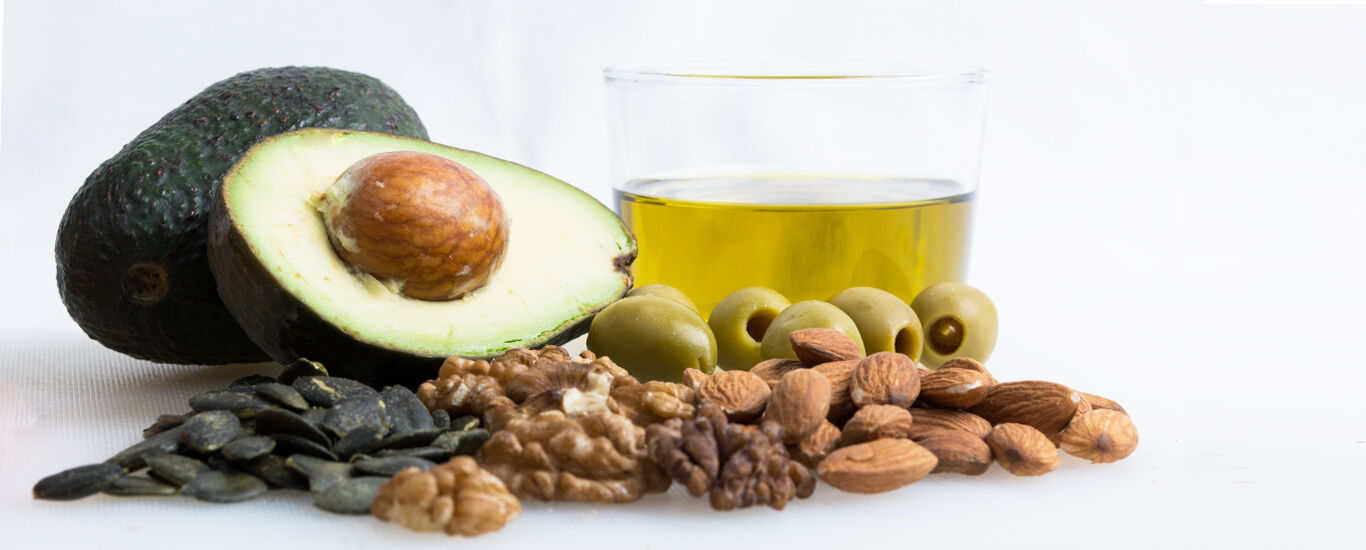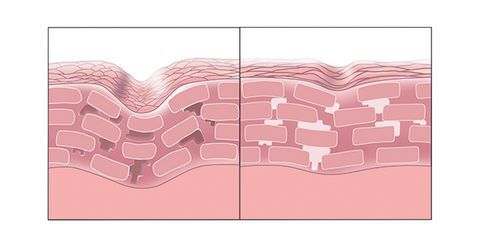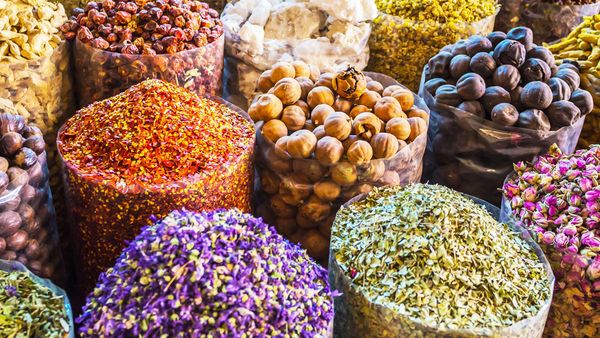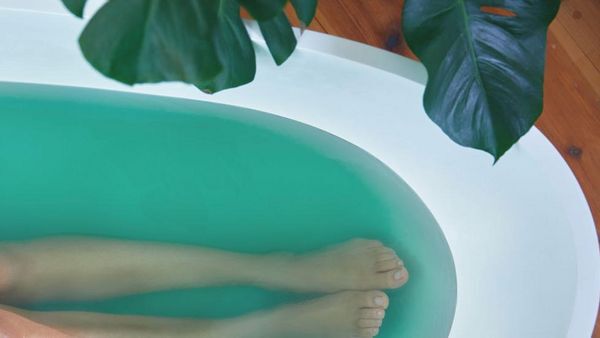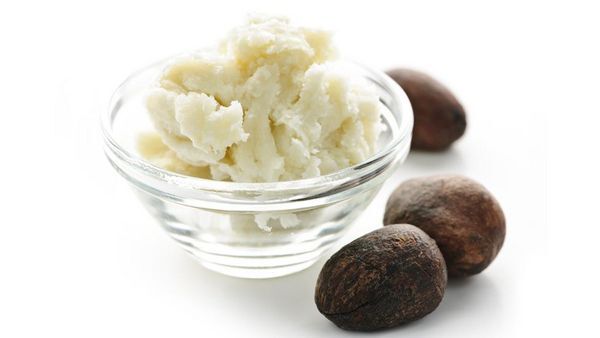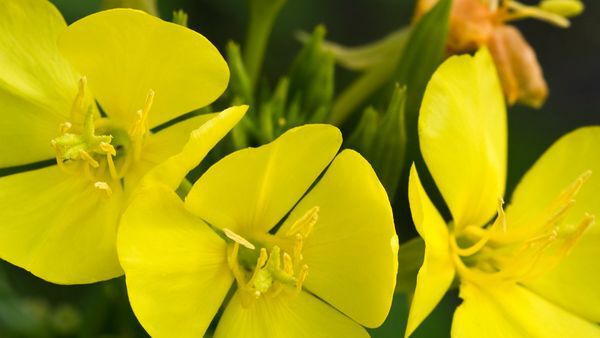The skin barrier in balance
There are factors which negatively influence the function of the epidermal barrier and disturb the structure and cross-linking of the skin barrier lipids. In addition to age-related skin changes, climate and weather conditions, hygiene and cosmetic behavior and individual occupational stress on the skin are particularly worthy of mention as triggers.
